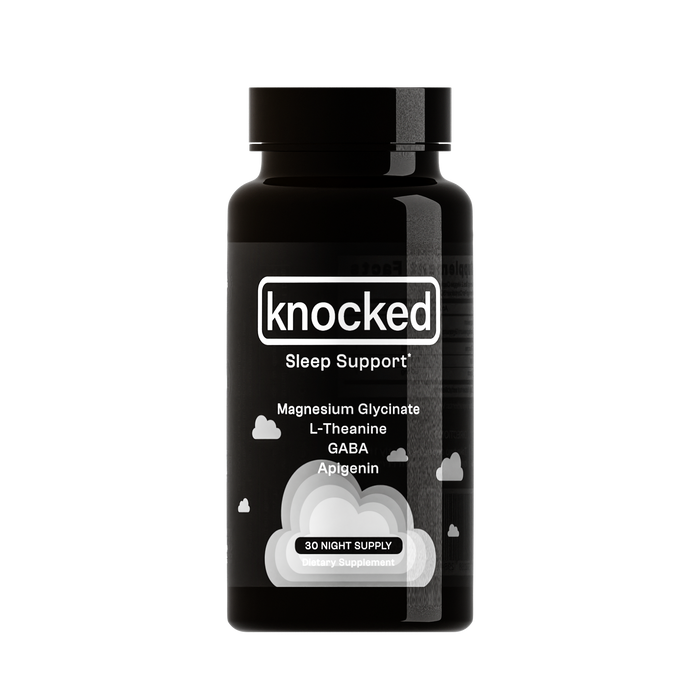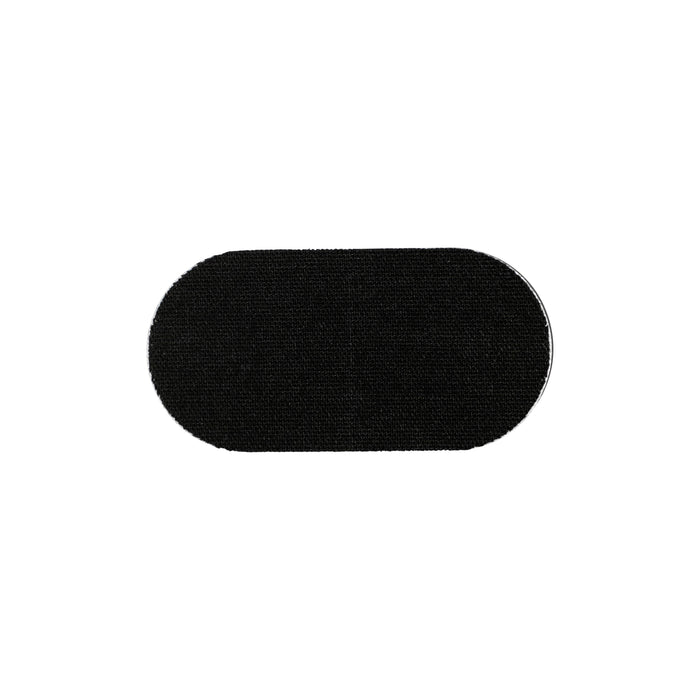

Magnesium: The Miracle Mineral - Understanding the Types, Uses, and Benefits
Magnesium is an essential element required for over 300 enzymatic reactions and is necessary for the functioning of numerous metabolic pathways. Over 50% of Americans are deficient in Magnesium. This means over 165 million Americans are at risk of worse sleep quality, overall weakness, irritability, abnormal heart rhythm, nausea, diarrhea, depression, heart disease, and diabetes. Chances are that if you did a blood test, you'd find you’re deficient in magnesium.
| FACT:
The Recommended Dietary Allowance (RDA) for adults 19-51+ years is 400-420 mg daily for men and 310-320 mg for women.
|
Magnesium is one of the building blocks of our bodies, playing a role in muscle and nerve function, regulating blood pressure and blood sugar, and even building our bones and DNA.
Magnesium deficiency could be due to the increased amounts of phytic acid in our diets, or simply the decreasing amounts of the mineral found in our diets. Magnesium content in fruits and vegetables have dropped in the last fifty years due to decreased amounts of the mineral in our soil, mainly because of global warming and increased co2 in the atmosphere. Phytic acid impairs the body's absorption of iron, zinc, calcium and other minerals over time. Phytic acid is the stored form of phosphorus in seeds, nuts, legumes, and unprocessed whole grains.
Magnesium is the foundation of our Knocked formula, we’re here to share insight into some of the common forms this mineral is used in and the science behind how it works.
The Relationship Between Sleep & Magnesium
Research has shown that supplementation of magnesium tends to improve insomnia, sleep efficiency, sleep duration, sleep onset, and early morning awakening. Magnesium supports sleep mainly by increasing neurotransmitters like GABA which help turn off the DPO (duration, path, outcome- analysis) and make one's mind drift in space and time to make it easier to fall asleep. Professor Huberman says the brain is typically focused on 3 things: duration, path and outcome. What am I doing, where am I going, and what's the point? If you want to increase your creativity, you need to think of new variants on duration, path and outcome.
Magnesium is one of the main ingredients in Knocked because of its effectiveness in sleep, overall health, and most importantly it is safe to take daily. We chose Magnesium Glycinate because of its proven ability to help your body relax, reduce stress, and help you sleep longer. In contrast, melatonin only helps you fall asleep faster, which does not necessarily support high quality sleep.
Popular Forms of Magnesium & Uses
There are many forms of Magnesium, so we’ve put together a quick guide to inform you on which form is best for you.
Magnesium Glycinate - Sleep
Magnesium glycinate is formulated using elemental magnesium combined with the amino acid glycine. Glycine is a building block for making proteins in the body. Your body utilizes this amino acid in protein construction. It naturally occurs in many foods, such as fish, meat, dairy, and legumes.
Glycine supports relaxation and healthy stress management. Glycine is often used as a dietary supplement to improve sleep and other inflammatory conditions. Magnesium glycinate is extremely bioavailable. It may also help reduce anxiety, depression, stress, and insomnia.
Magnesium L-threonate - Brain
Magnesium L-threonate is the salt formed from mixing magnesium and threonic acid, a water-soluble substance derived from the metabolic breakdown of vitamin C.
Magnesium threonate is very well absorbed and has clinical research to show that it is highly effective in crossing the blood brain barrier. Magnesium L-threonate is often used for its potential brain benefits and may help manage certain brain disorders, such as depression and age-related memory loss.
Magnesium Citrate - Laxative
Magnesium citrate is a form of magnesium that’s bound with citric acid. This acid is found naturally in citrus fruits and is what gives them their tart and sour flavor. Artificially produced citric acid is often used as a preservative and flavor enhancer in the food industry.
Magnesium citrate is one of the most common magnesium formulations and can be easily purchased online or in stores worldwide. Due to its natural laxative effect, it’s also sometimes used at higher doses to treat constipation.
Magnesium Malate - Sore Muscles
Magnesium malate includes malic acid, which occurs naturally in foods like fruit and wine. This acid has a sour taste and is often used as a food additive to enhance flavor or add acidity.
This magnesium option is good for your muscles and nerves. Research suggests that magnesium malate is very well absorbed in your digestive tract, making it a great option for replenishing your magnesium levels.
Natural Sources of Magnesium
Foods rich in Magnesium:
- Vegetables: kale, spinach, and chard
- Fruits: dried figs, avocados, and bananas
- Legumes: black beans, edamame, and lima beans
- Nuts and seeds: chia seeds, brazil nuts, cashews, walnuts and almonds
Magnesium supplements are widely considered safe but always talk to a health professional before starting






